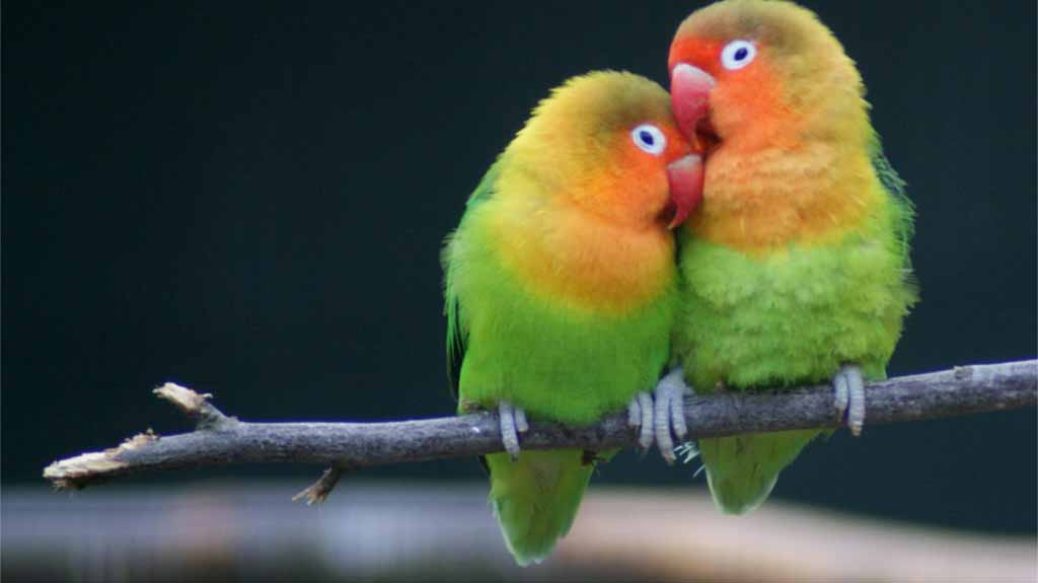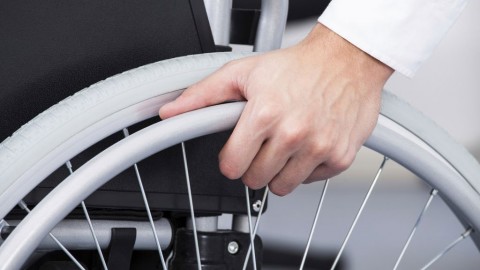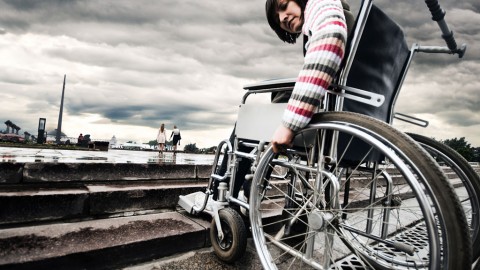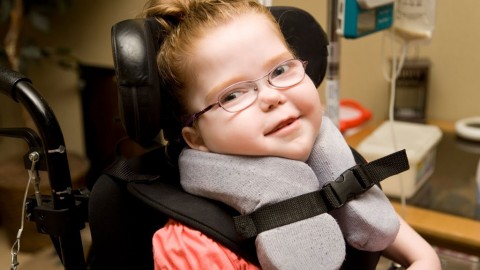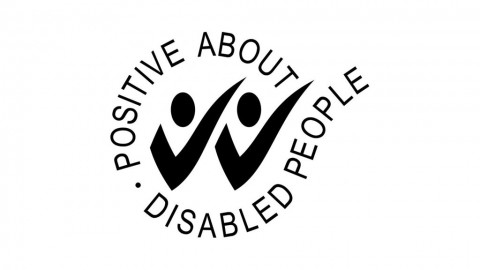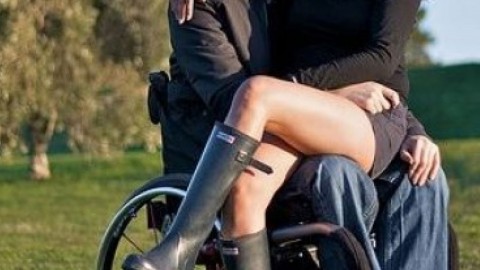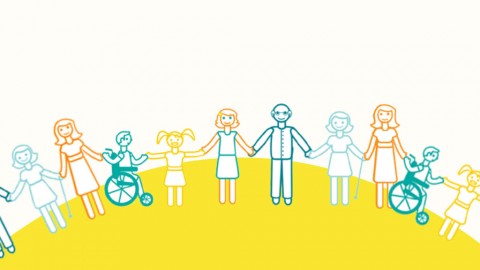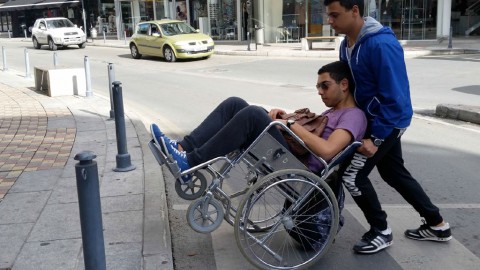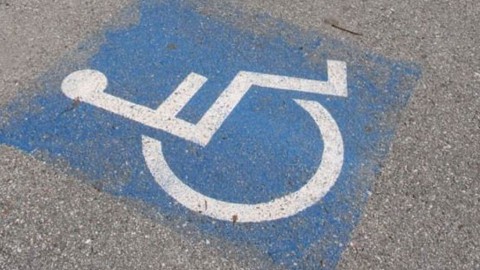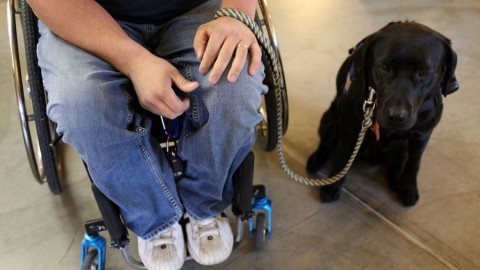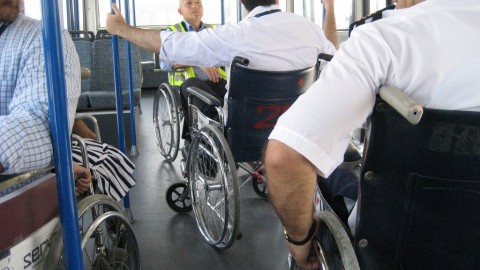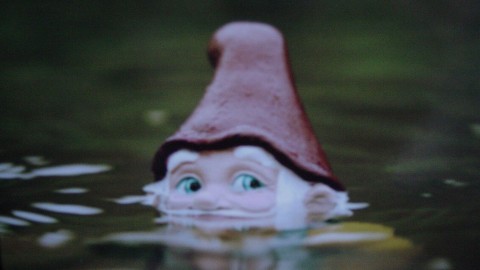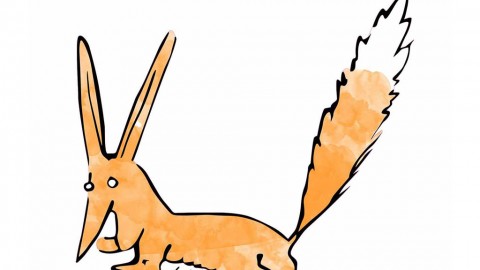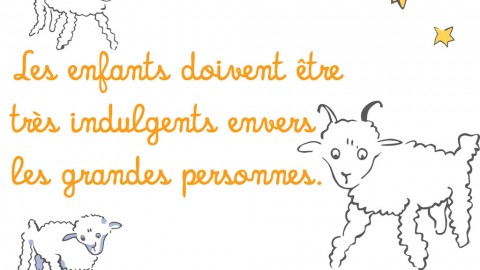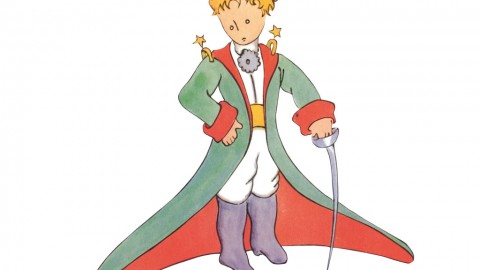Our relationship with animals is as old as humankind itself. Fatefully, our relationship with domesticated animals is even closer. As for our relationship with pets (dogs, cats)? Sometimes, it’s a relationship for life.
Many people choose to have pets because they wish to invest in a relationship that shares many characteristics with a good romantic relationship: duration, stability, sentimental connection, fulfilling the need to give. But how consistent do these people prove in effect? The number of stray animals in Greece proves we still have a long way to go before we can consider ourselves an animal friendly nation.
The exact number of stray dogs roaming the streets of this country has never been calculated. Switzerland is an exemplary country when it comes to managing pets, as it is merely one step away from having total control over the sum of their population. This is accomplished through the gradual placing of micro-chips in dogs and cats, as well as through the meticulous control of their breeding and trafficking.
When it comes to analyzing the situation in Greece, it is necessary to distinguish between cities and the countryside.
In cities, pets are usually crammed in apartments or little balconies; the result being that they develop anxiety, which, in turn, can lead to unwanted behavior. I’ve been marked as a tough customer because, when looking for a flat to rent, I tend to ask how close the nearest dog is. And this is only because I’ve often had to deal with the nearest dog’s constant barking, for which, of course, the dog is not to blame – it’s the dog’s inconsiderate owner, who neglects to look after it properly. The dog, as the first domesticated animal and number one pet, is entirely dependent on its owner and requires absolute commitment to stable, daily responsibilities (walking the dog come rain-or-shine, devoting a minimum amount of time to it, etc.).
On the other hand, those who can put up with the animal’s independence, prefer the cat – an animal who may not be as obedient as the dog, yet can free its owner from the daily responsibility of walking it and doesn’t disturb the neighbors. However, recent relevant research shows that, on average, 2/3 of pet owners have dogs and 1/3 of them have cats. Maybe this is due to the fact that the paternalistic, dependent, still emotionally immature Greek society cannot fully appreciate another animal’s independence.
In the countryside, dogs live in yards and gardens; they are bigger in size and play the part of the guard. Moreover, they also assume certain responsibilities (guarding and escorting flocks of other domesticated animals, accompanying their owners in hunting expeditions, etc.). Cats live more or less outside the house – yet always nearby.
The abandoning of pets is the country’s greatest plague – second only to their abuse. The gradually stricter community legislation is incorporated into national law desperately slowly; while the extent of its application is still far from the desired. Wherever it happens (in the city or in the countryside), the abandoning of pets derives from people’s inability to assume the responsibility that having a pet means.
Treating a pet as a toy for children or adults demeans its nature and needs. The casual abandoning of a dog a few miles away from the house of its irresponsible former owner is, in essence, no different than the horrible death of a little chick in the hands of a toddler – a chick bought according to Easter tradition from the crammed cages of vintage tricycles in flea markets and bazaars around the country. The same holds true for the formerly home-bound cat. Ignorant of the hazards of nature (vultures, packs of stray dogs, etc.) and humans (cars, poisonings, etc.), abandoned cats face much higher than average possibilities to die prematurely and tragically.
Another sign of lack of respect towards pets is our negligence to neuter them. Buying a pedigree dog and being stingy when it comes to care for it, we couldn’t care less when it’s barking in the balcony (crying, essentially) and will not rid it of its hormonal suffering; instead, when we find the time, we will mate it and sell its pups – or give a little cute spotted puppy to our young niece as a present. Even if we don’t give a damn about animals’ overpopulation, it seems hard to drive this simple point home: essentially, neutering makes pets happier, as it rids them of periodical stressful times in their lives. It truly is the equivalent of that wise proverb: Ignorance is bliss (since they don’t know what you’re taking away from them)!
Furthermore, pets are oft used to fill the emptiness that modern people feel due to loneliness – albeit a choice or not. This is not wrong in itself, except when the relationship changes drastically as soon as a (human) companion comes along. In this case, owning a pet becomes merely a convenient alibi, a transference of the companionship void to a convenient, controllable being, with expected demands and prerequisites.
A society’s level of culture can (also) be measured by its relationship to animals. Regardless of the state’s inefficiency when it comes to managing them, pets demand certain minimum rules for a decent cohabitation:
- We do not take on a pet if we are not willing to assume both responsibility and cost – in time and money.
- We neuter the pet as soon as possible.
- We do not endanger its health – and, in effect, ours.
- We do not “park” the pet to anyone available, except when serious circumstances occur.
- We learn about its “world” – meaning its habits, attitude, food, etc.
- We seek the pet’s controlled “socialization” with other animals of its species, as this is also one of the pet’s needs.
- If we have a dog, we invest in basic training (and this doesn’t mean training it to bring us our slippers) so that the dog feels safer (dogs need an owner) and our cohabitation is harmonious.
current_Panos














